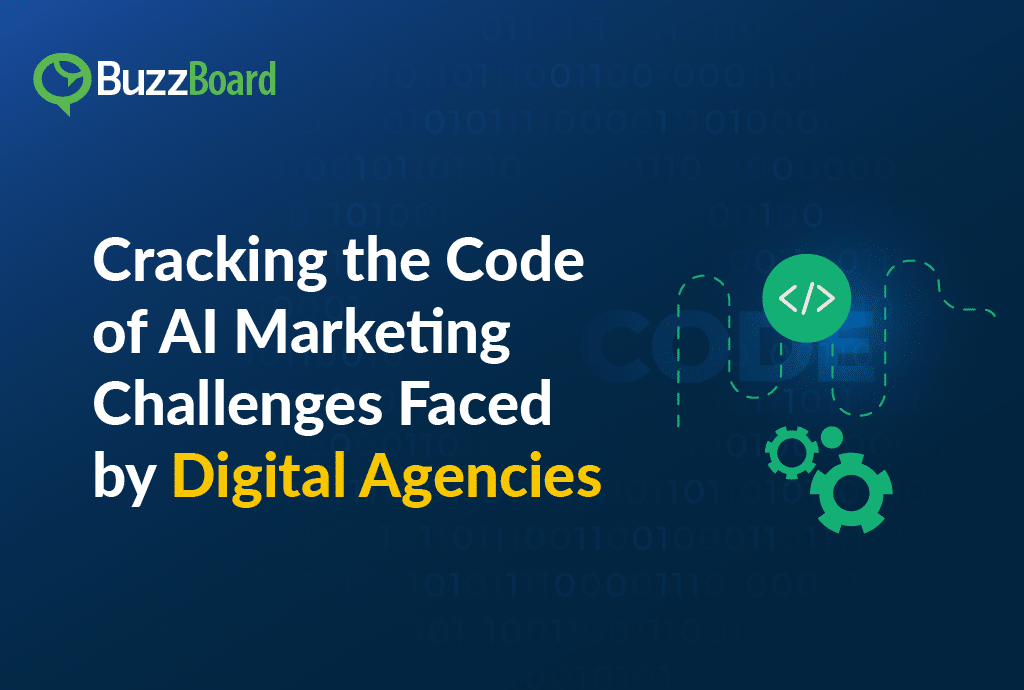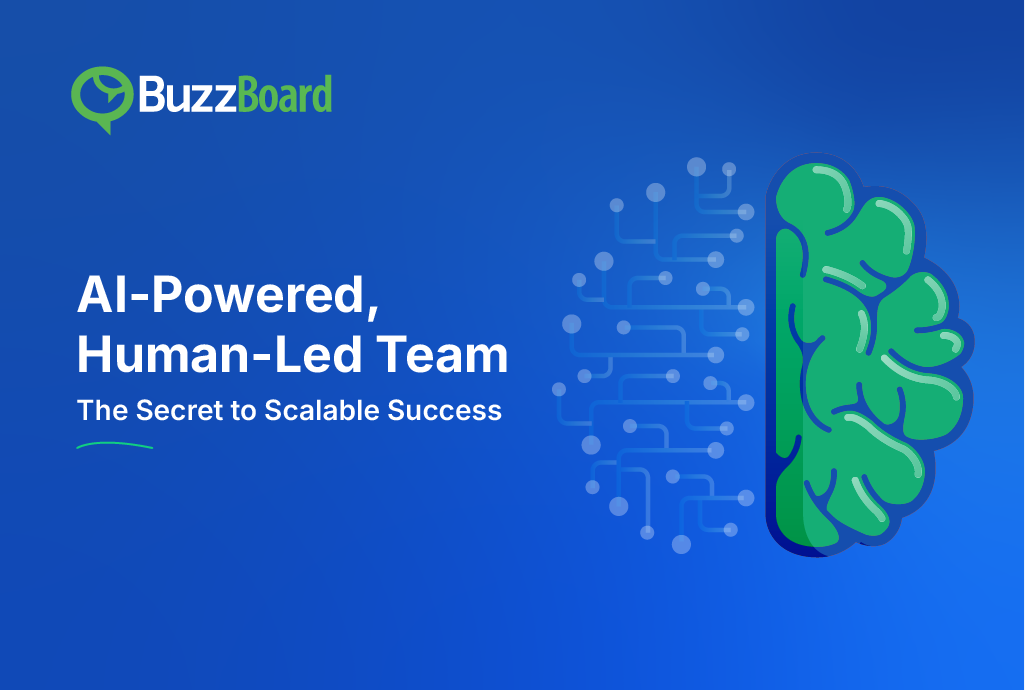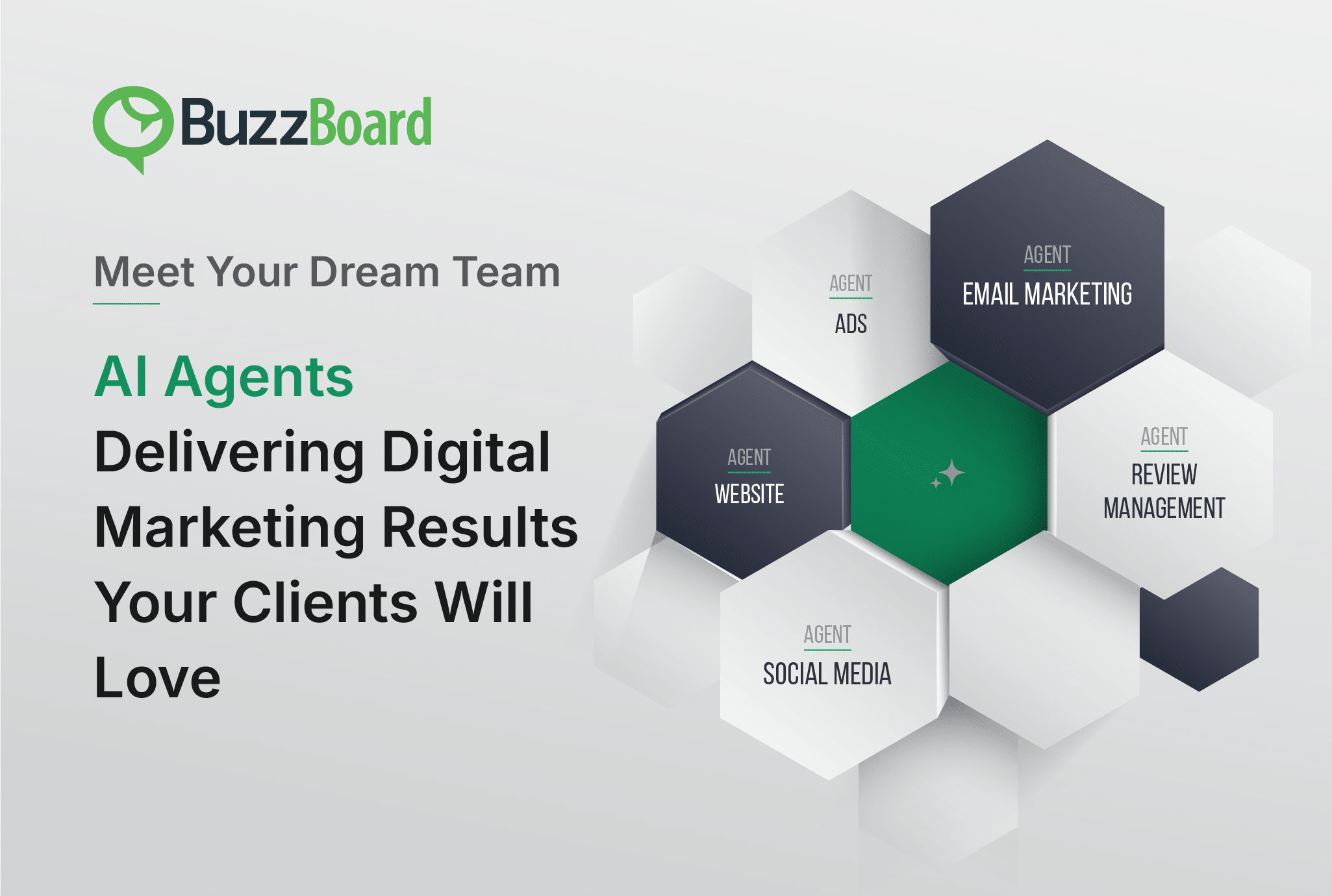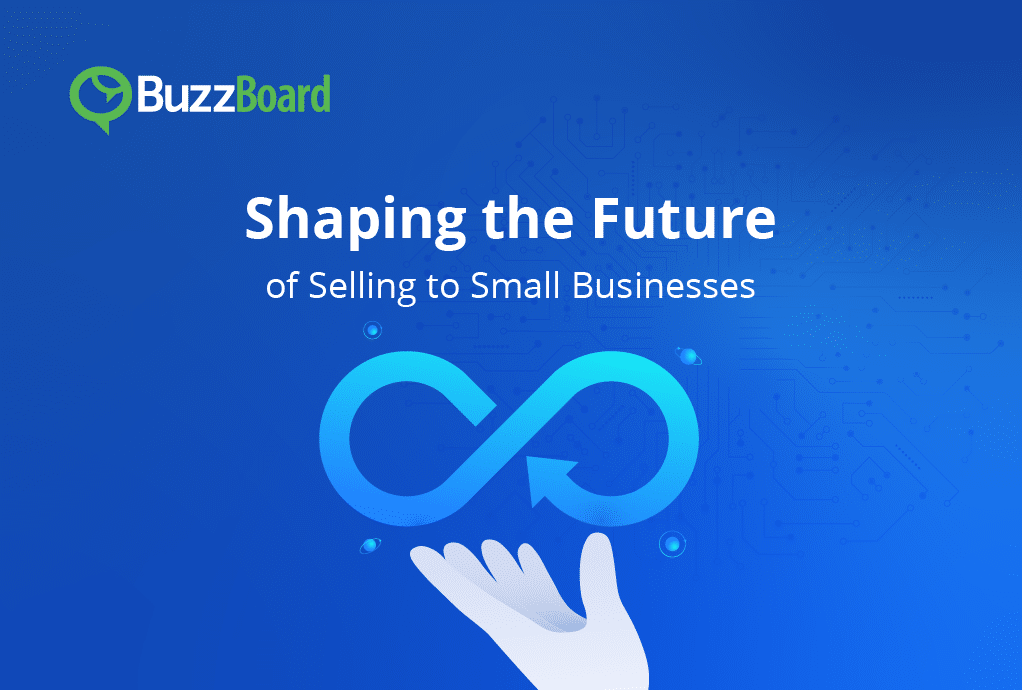Summary
Digital agencies face significant challenges in incorporating AI into their marketing strategies. According to a recent study, 75% of agencies struggle to integrate AI-powered tools into their workflow, while 60% lack the necessary expertise to effectively utilize AI in their marketing efforts. To overcome these obstacles, agencies must prioritize AI education and training, invest in AI-powered marketing tools, and develop a data-driven approach to marketing. By doing so, agencies can unlock the full potential of AI and stay ahead in the competitive digital marketing landscape.
AI in Marketing to Small Business
In a world driven by data, algorithms, and artificial intelligence, we find ourselves at the precipice of marketing’s most exciting frontier: AI marketing. It’s an era of unprecedented potential, where the dreams of marketers come to life through the power of machine learning and automation. Most certainly, AI has become the beacon of innovation, promising unparalleled personalization, predictive insights, and campaign optimization.
But, here’s the reality check: “with great power comes great responsibility”, and the world of AI marketing is no exception. We understand the promises of AI marketing are vast but so are the challenges that come with it.
The intricate tapestry of opportunities and hurdles that businesses face when leveraging artificial intelligence to drive their marketing strategies ranges from data privacy concerns to the art of striking the perfect balance between automation and authenticity. So being a leading AI digital sales assistant platform for marketing agencies that service small businesses, we make an earnest effort to navigate this ever-evolving landscape and emerge not just with an understanding of the challenges but armed with the knowledge to conquer them.
How Do We Define AI Marketing?
AI marketing, a game-changing fusion of artificial intelligence and marketing strategies where data-driven strategies are transforming the way businesses connect with their audiences.
At its core, AI marketing leverages advanced algorithms, machine learning, and data analytics to enhance every facet of your marketing efforts. It’s like having an intelligent marketing assistant at your side 24/7, deciphering customer behavior, optimizing campaigns, and delivering hyper-personalized experiences.
Let’s delve into some real-world examples to grasp the transformative power of AI marketing. Take Netflix, for instance, which employs AI algorithms to analyze your viewing habits and recommend shows and movies tailored to your preferences. This not only keeps you engaged but also increases your chances of staying subscribed.
AI-powered chatbots, like those used by Bank of America, take customer marketing to new levels by providing instant customer support, handling routine queries and offering assistance 24/7, enhancing the customer experience while reducing the workload on human agents.
These examples merely scratch the surface of what AI marketing can accomplish. The possibilities are boundless, from predictive analytics that forecast market trends to AI-driven content generation and beyond.
What Are the Challenges that AI in Marketing Poses to Digital Marketers?
Quality Data Availability
Your AI tool is nothing more than a toy if…
AI thrives on quality data, and the saying “garbage in, garbage out” holds true. To train AI models effectively and achieve meaningful results, you need clean, accurate, and relevant data. Many businesses struggle to source and maintain high-quality data, which can hinder the performance of AI marketing initiatives. Overcoming this challenge requires investments in data collection, validation, and cleansing processes. Current day data tools have made these tasks much simpler, but the real secret to AI marketing is to feed into the models data that is particular to your business. That’s why BuzzBoard’s fusion of exhaustive data on small to mid-sized businesses with generative AI capabilities makes it stand out from a field crowded with AI marketing “me toos.”
Tool Overload and Selection Dilemmas
The abundance of AI marketing tools can be both a blessing and a curse.
Agencies face the daunting task of sifting through countless options to find the perfect match for their specific needs and clientele. On one hand, the range of options in AI tools easily available at the fingertip gives marketers the freedom to pick, experiment, and improvise at their own convenience. Ironically, on the other hand, this crowded terrain of multiple ‘me too’ tools creates a paradox of choice for countless marketers. Plus, they feel compelled to adopt AI tools simply because their competitors are doing so—this “keeping up with the Joneses” mentality can lead to rushed decisions and the implementation of tools that may not align with an agency’s core strategies or goals.
Selecting the wrong tool can lead to wasted time, resources, and ineffective campaigns. Finding the right tool requires a thorough understanding of the agency’s objectives and a deep dive into the ever-expanding AI marketing toolbox. Precisely, you need to ask a few questions before selecting your AI tools:
- Is the data generic and used by every Tom, Dick, and Harry or does it carry specific relevance to my target audience??
- Shall I get charmed by a tool’s versatility or do I need a specialized AI tool that can deliver results with efficiency?
- Does my AI tool have the ability to solve industry-specific challenges?
- Should I blindly believe web suggestions while selecting my AI tool or should I go for test runs to understand how frictionless it’s going to be?
- Is the AI tool trained on rich, controlled, and clean data and does not solely rely on internet data to keep the output more contextual and relevant to your agency? Generic generative AI tools may be ‘good enough’ for basic content writing but will not serve you well for hyper-personalized content generation for customer outreach programs.
Data Privacy and Compliance Concerns
AI guidelines are the need of the hour to control overstepping.
With AI marketing, data is the fuel that powers personalized campaigns. This reliance on data can raise concerns about privacy and compliance with data protection regulations like GDPR and CCPA. Marketers must navigate a fine line between leveraging customer data for personalized experiences and respecting individuals’ privacy rights. Ensuring your AI marketing strategies comply with these regulations is crucial to avoid legal repercussions and maintain customer trust.
Integration Complexity
Implementing AI successfully into your system, educating marketers of its optimum usage, and ensuring that it’s worth the investment come together as one of the hard-to-top obstacles.
Successful integration often requires substantial time, resources, and technical expertise. Legacy systems may not readily support AI integrations, and establishing seamless data flow between various tools can be challenging. A number of digital marketing agencies often find it tough to maintain the operational efficiency post-integration. And it’s even trickier for some to manage the costs and calculate ROI simultaneously.
However, one-of-a-kind datasets that truly make your AI marketing programs excel are finding their way into the common tools that sales and marketing professionals use. Synchronization of CRMs and marketing automation platforms is old hat, nowadays, and AI capable platforms are able to both feed data into, or draw upon, either. The result is seamless execution of AI marketing (and sales) programs, leveraging software platforms we already know and love.
The Skills Gap and Changing Market Landscape
AI technologies necessitates continuous learning and adaptation.
Traditionally, implementing AI marketing strategies required skilled professionals who understood both marketing principles and AI technologies. Finding individuals or teams with expertise in both domains used to be quite a task. With recent advancements in AI technology, AI solutions, particularly those powered by generative AI, require less training to use effectively. Moreover, these new AI tools service a wide spectrum of marketing use cases, making it desirable to many. AI chatbots and their complicated prompt engineering demands are yielding to graphical user interfaces that mask the complexity of interrogating the AI model.
The artificial intelligence landscape is continually evolving, making it necessary for marketers to keep up with the latest trends and updates. Understanding the tools for what serves you best, and bridging the skill gap is essential for effectively harnessing AI’s potential.
Overreliance on AI
AI has to be governed by humans and not the other way around.
“In theory, a human collaborating with an AI system should make better decisions than either working alone. But humans often accept an AI system’s recommended decision even when it is wrong—a conundrum called AI overreliance. This means people could be making erroneous decisions in important real-world contexts such as medical diagnosis or setting bail.”
—Helena Vasconcelos, Stanford University, Human-Centered Artificial Intelligence (HAI)
While AI can streamline many marketing tasks, an overreliance on automation can lead to a disconnect with your audience. Building and nurturing customer relationships still require a human touch. Striking the right balance between AI-driven automation and authentic human interaction is a challenge marketers must address.
In essence, the wealth of available AI tools presents a wealth of possibilities and pitfalls. Certainly, the path is riddled with challenges, but digital marketing agencies that successfully find their way through the AI marketing labyrinth will discover a treasure trove of opportunities and rewards. The right combination of careful selection, continuous learning, strategic integration, ethical considerations, financial planning, and a balanced approach can acknowledge both the blessings and curses of AI technology, letting you unlock its full potential for your business.








